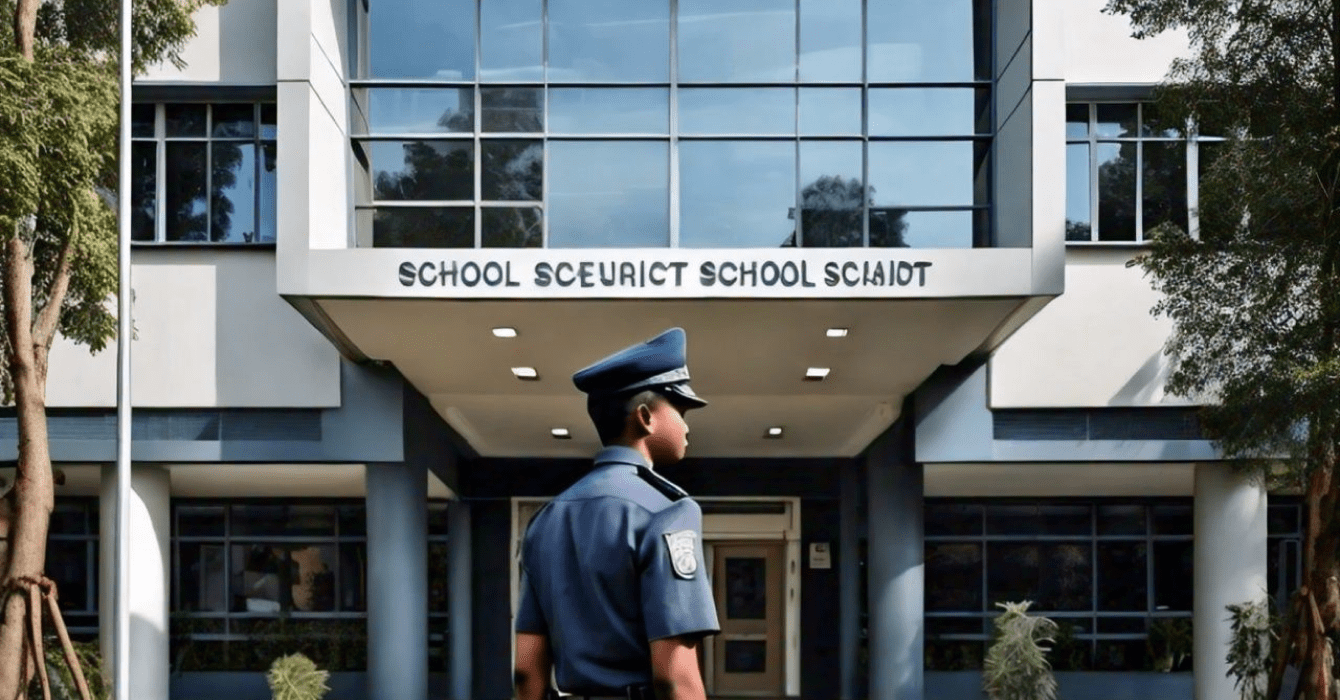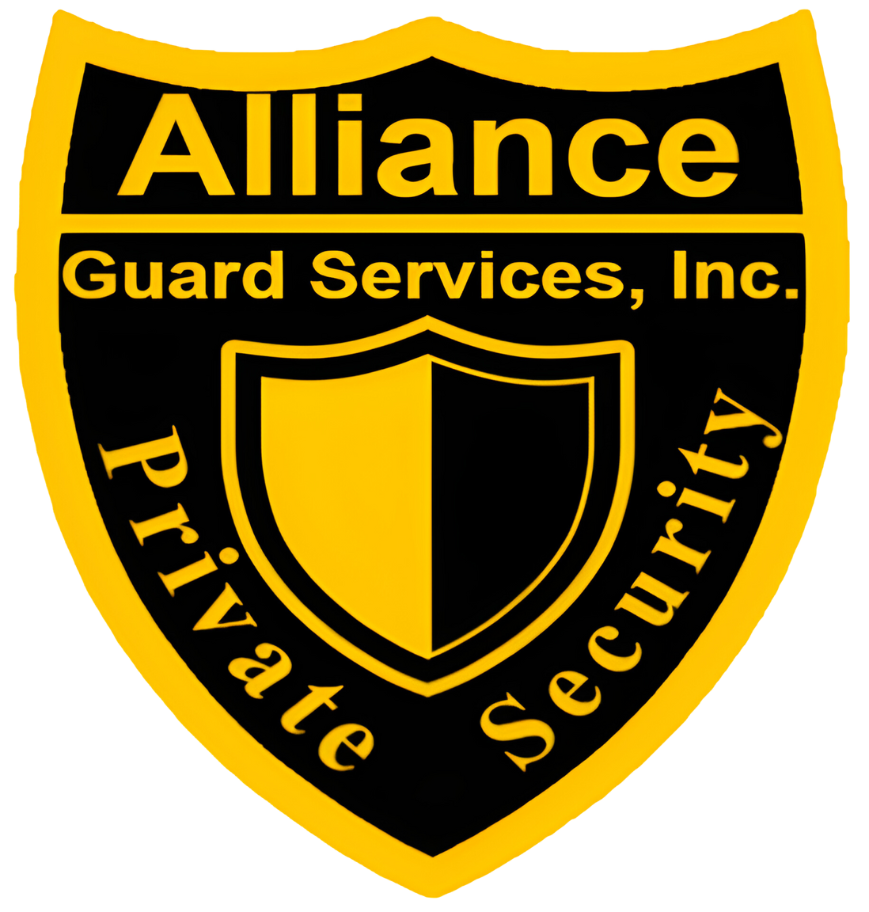Security Guard for a School
In today’s world, the safety and security of our schools are of paramount importance. As incidents of violence and threats continue to occur, the need for trained and vigilant security guards in educational institutions has never been greater.
If you’re considering a career in school security, you’re taking on a crucial role in protecting students, staff, and the school community. Here’s a step-by-step guide on how to become a security guard for a school:
1. Understand the Role
Before embarking on the journey to become a school security guard, it’s essential to understand the responsibilities and expectations of the role. School security guards are responsible for maintaining a safe and secure environment within the school premises. This includes monitoring entrances and exits, patrolling the grounds, responding to emergencies, and collaborating with school staff and law enforcement agencies.
2. Meet the Requirements
Each state and school district may have specific requirements for becoming a security guard in a school setting. Typically, candidates must meet minimum age requirements, possess a high school diploma or GED, and have a clean criminal record. Some districts may also require candidates to undergo additional training or certification in security procedures and crisis management.
3. Gain Relevant Experience
While prior experience in security or law enforcement is not always mandatory, it can significantly enhance your chances of securing a job as a school security guard. Consider gaining experience through internships, volunteer opportunities, or entry-level security positions. This will not only bolster your resume but also provide valuable insights into the field of school security.
4. Complete Training Programs
To excel as a school security guard, you’ll need to undergo comprehensive training in areas such as conflict resolution, emergency response, first aid, and legal regulations pertaining to school security. Look for training programs offered by reputable institutions or organizations that specialize in security and law enforcement education. Additionally, some states may require you to obtain a security guard license or certification before being eligible for employment.
5. Apply for Positions
Once you’ve met the requirements and completed relevant training programs, it’s time to start applying for school security guard positions. Keep an eye on job openings posted by school districts or educational institutions in your area. Tailor your resume to highlight your relevant skills and experiences, and be prepared to undergo interviews and background checks as part of the hiring process.
6. Demonstrate Professionalism and Dedication
As a school security guard, professionalism, and dedication are paramount. Once hired, strive to uphold the highest standards of conduct and integrity in your role. Build positive relationships with students, staff, and parents, and remain vigilant and proactive in ensuring the safety of the school community.
7. Stay Updated on Security Protocols and Technologies
School security is a dynamic field that continually evolves to address new threats and challenges. Stay informed about the latest security protocols, technologies, and best practices by attending workshops, seminars, and industry conferences. Familiarize yourself with security systems, such as surveillance cameras, access control systems, and emergency communication tools, to effectively perform your duties as a school security guard.
8. Develop Strong Communication and Interpersonal Skills
Effective communication is essential for a school security guard to collaborate with school administrators, law enforcement agencies, and other stakeholders during emergencies or security incidents. Hone your communication and interpersonal skills to convey information clearly, defuse tense situations, and build rapport with students and staff. Being approachable and empathetic can also help foster a positive and supportive environment within the school community.
9. Practice Situational Awareness and Critical Thinking
As a school security guard, you’ll need to maintain heightened situational awareness and be prepared to respond swiftly and decisively to various scenarios, including intruders, medical emergencies, or disturbances. Develop your ability to assess situations quickly, analyze risks, and make informed decisions under pressure. Regularly conduct drills and simulations to enhance your response capabilities and ensure readiness for any eventuality.
10. Embrace Continuous Learning and Professional Development
The field of security is ever-evolving, and ongoing learning and professional development are crucial for staying ahead of emerging threats and trends. Take advantage of opportunities for additional training, certifications, and advanced coursework to enhance your skills and expertise as a school security guard. Pursue specialization in areas such as crisis intervention, threat assessment, or cybersecurity to broaden your knowledge and improve your effectiveness in safeguarding school environments.
11. Foster a Culture of Safety and Preparedness
As a trusted guardian of the school community, actively promote a culture of safety, preparedness, and vigilance among students, staff, and parents. Encourage the implementation of safety protocols, such as lockdown drills and emergency response procedures, and educate stakeholders on the importance of security awareness and cooperation. Engage with school leadership to develop and refine comprehensive safety plans that address a wide range of potential threats and contingencies.
12. Build Relationships with Law Enforcement and Community Partners
Collaboration with local law enforcement agencies, emergency responders, and community organizations is essential for enhancing school security and emergency preparedness. Establish strong relationships with these stakeholders through regular communication, joint training exercises, and coordinated response efforts. By working together as a unified front, you can leverage the resources and expertise of external partners to strengthen the security posture of the school and its surrounding community.
Conclusion
Becoming a security guard for a school is a rewarding yet challenging career path that requires dedication, training, and a commitment to safety. By following these steps and investing in your education and experience, you can embark on a fulfilling journey of safeguarding our schools and nurturing a secure learning environment for all. If you’re passionate about protecting others and making a difference, consider pursuing a career in school security today!
Ready to embark on a career in school security? Take the first step by researching training programs and job opportunities in your area. Remember, your role as Alliance Guard Service Inc can make a significant impact on the safety and well-being of students and staff. Start your journey today and help create safer schools for all.
(FAQs) about how to become a security guard for a school
What qualifications are needed to become a security guard for a school?
Qualifications typically include a high school diploma or equivalent, completion of a security guard training program, and sometimes prior experience in security or law enforcement.
Do I need any specific certifications to work as a security guard in a school?
Requirements vary by location, but many states or countries require security guards to obtain a license or certification. This often involves completing a training course and passing an exam.
Is prior law enforcement or military experience necessary to become a school security guard?
While prior experience in law enforcement or the military can be beneficial, it is not always a requirement. Many schools look for candidates with strong communication skills, the ability to remain calm under pressure, and a dedication to ensuring the safety of students and staff.
What are the typical duties of a school security guard?
Duties may include monitoring school grounds, enforcing school policies, responding to disturbances or emergencies, conducting security checks, and collaborating with school administrators and law enforcement.
Do school security guards undergo background checks before being hired?
Yes, background checks are typically part of the hiring process for school security guards. This may include criminal history checks, employment verification, and reference checks.
Are there any age restrictions for becoming a school security guard?
Age requirements vary depending on local regulations and the policies of the school or security company hiring for the position. In many cases, candidates must be at least 18 years old.


